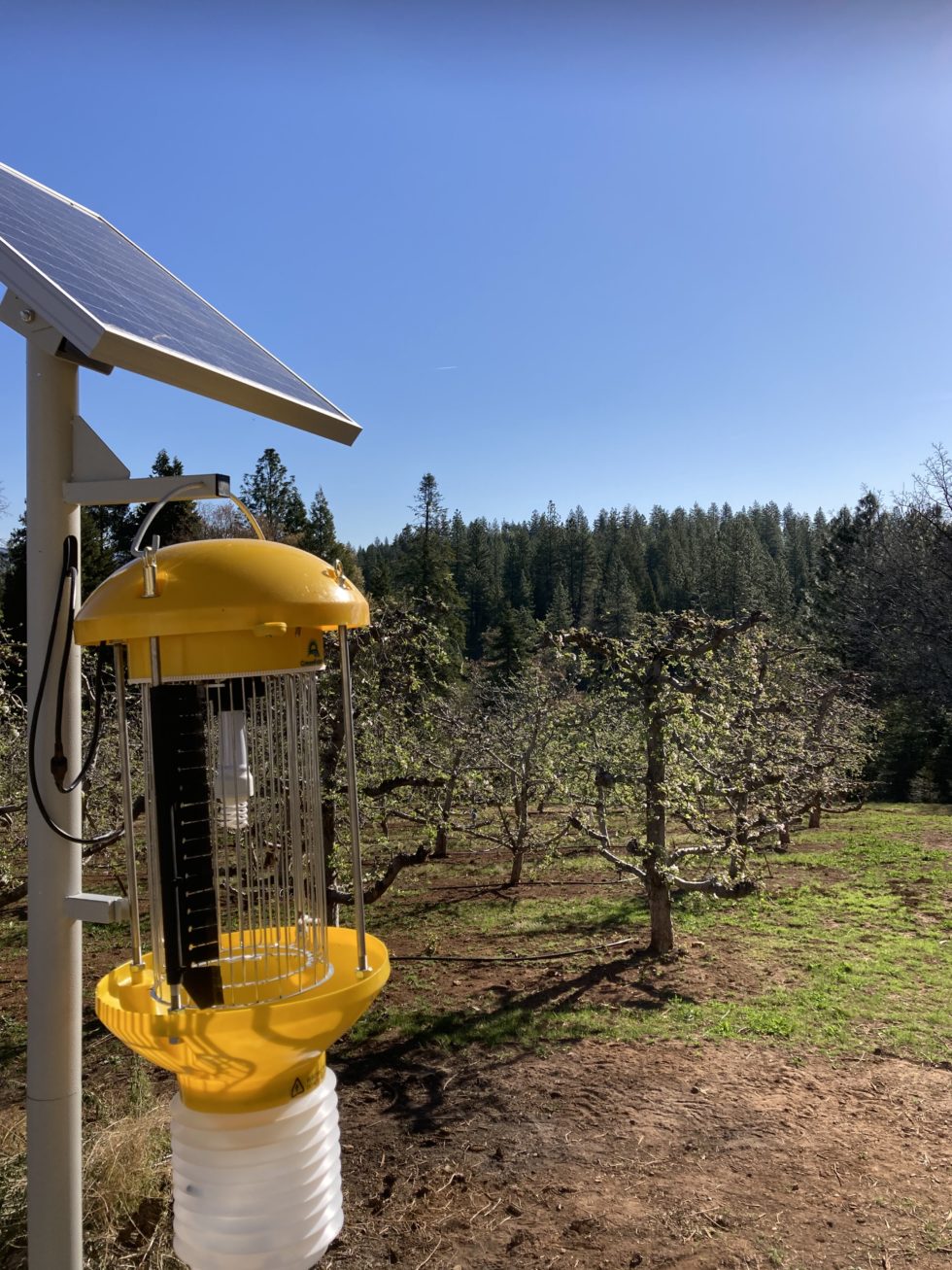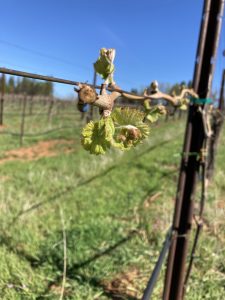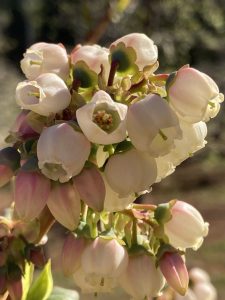For many Apple Hill Grower farms, every day is Earth Day. The annual celebration is a reminder of how fragile our environment is and how important it is to protect our natural resources. The worldwide event on April 22, 2021 includes a wide variety of ways to learn more about conservation, restoration and preserving the planet for future generations.
Apple Hill Growers have long been implementing sustainable farming practices to make sure today’s farms are here for tomorrow’s generations to enjoy. Many of our farms have transitioned to organic practices and others are using innovative farming techniques to reduce both the use of water and pesticides.
- 24 Carrot Farms (Certified Organic)
- Bodhaine’s at Drew Bean Farms (organic practices)
- Collina do Mela Olive Oil (Certified Organic)
- Edio Vineyards at Delfino Farms (organic/sustainable practices)
- Flying V Farm (Certified Organic)
- Fudge Factory Farm (Certified Organic fruit)
- Goodness Orchard (Certified Organic for vegetables, organic practices for fruit)
- Grandpa’s Cellar (organic/sustainable practices)
- Harris Family Farm (organic/sustainable practices)
- Madroña Vineyards (organic/sustainable practices)
- Patrick’s Berry Farm & Garden (organic/sustainable practices)
- Rucksack Cellars (organic/sustainable practices)
- Sloan Winters Mountain Orchard (Certified Organic)
Derek Delfino, the vineyard manager at Edio Vineyards, is in the process of moving the winery to organic certification. He does not use any herbicide; instead, organic sulfur is the main fungicide on the property. They also use cover crops, like magnus peas and bell beans, between the vines to naturally deliver nitrogen to the grapes. The farm is also home to an adorable flock of baby doll sheep who eat those cover crops and in turn create their own, low-emission fertilizer. Madroña Vineyards has been farming following organic practices and without herbicides for about a decade, after being inspired by vineyard practices in France. Their sister vineyard, Rucksack Cellars, has been farmed naturally since the inception of the vineyard.
“There is more care, effort and expense involved with organic and natural farming practices,” said Paul Bush, owner and winemaker at Madroña Vineyards and Rucksack Cellars. “But we believe eliminating herbicide use and focusing on organics is the right thing to do for the health of the land – now and for the future.” Echoing that same sentiment is Collina di Mela, producing a locally grown Tuscan blend olive oil, with owner Ron Sbragia agreeing that the “process of attaining organic certification is a long and complex one, and we are very pleased to have accomplished this milestone, which reflects well on our farming operation as well as the Apple Hill Growers organization.”
Similarly, at Fudge Factory Farm they use natural remedies for dealing with pests, like banding trees with cardboard and allowing chickens to roam. They also water their lower farm from a natural spring on the property, saving water by eliminating the need for irrigation. Sloan Winters Mountain Orchard and Garden is a California Certified Organic Farm, which involves a rigorous (and often expensive) approval process. They also use a solar pest abatement system, made by a Sacramento company, to keep destructive bugs like codling moths off their fruit trees overnight. The multi-colored lights attract the bugs that harm plants, but it doesn’t have an effect on beneficial insects like honeybees.
“The concept is great – the use of solar power saves energy and I’m not using any chemicals while protecting my trees from a potentially devastating pest,” said Tom Sloan, owner of Sloan Winters Mountain Orchard and Garden. “Many of my fellow Apple Hill farmers are very successful using different methods and we have a great community where we can learn from each other. We all have something unique which makes a great group for collaboration.”
Using new technologies is just another way that Apple Hill Grower farms are using a variety of sustainable practices to not only preserve natural resources but also protect the economic viability of farms and quality of life for all of us. On your next visit, stop by one of our farms to learn more about how they are preserving the environment while providing first class produce and winegrapes for all to enjoy.
For more information and a map of the area, please visit https://applehill.com/ and follow @applehillofficial on Facebook and Instagram for up-to-the-minute information and more on how Apple Hill farmers are using sustainable practices to be stewards of their land.


